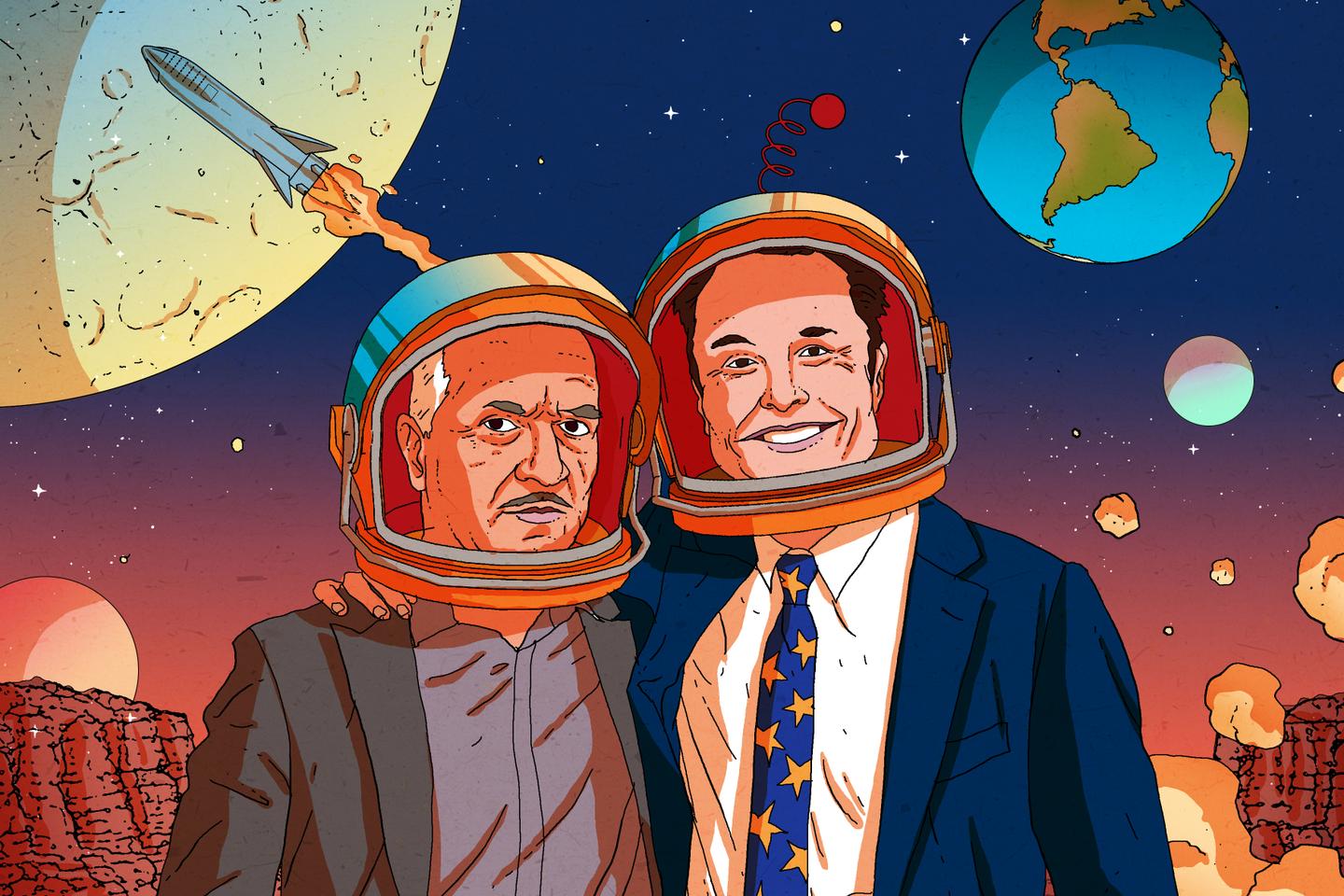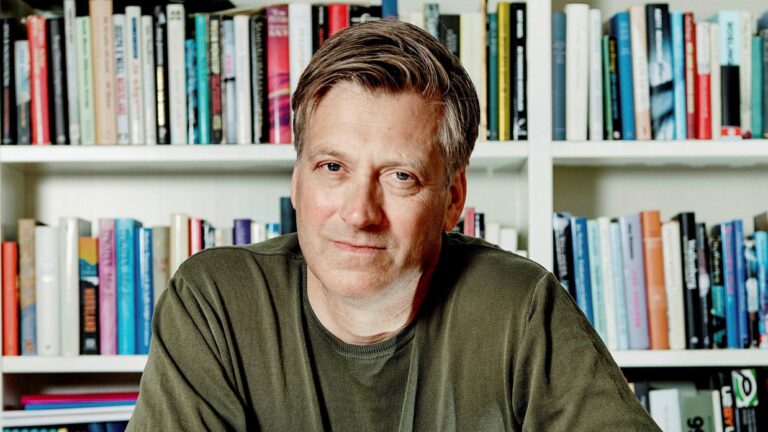Elon Musk, Robert A. Heinlein, and the Imperative Call to Colonize Space
Elon Musk’s Grok: An Homage to Science Fiction Legend Robert A. Heinlein
On April 28th, Elon Musk asked his artificial intelligence (AI), Grok, to define itself. The Tesla CEO’s communication can be cryptic, a fact well-known. His posts on X, and even the names of his children, some might say, present formidable enigmas for those unfamiliar with the codes. This self-definition offers an opportunity for the uninitiated to learn that the name Grok is a tribute to the novelist Robert A. Heinlein (1907-1988).
Heinlein is considered, along with Isaac Asimov (1920-1992) and Arthur C. Clarke (1917-2008), one of the “big three” of the Golden Age of American science fiction, from the late 1930s to the 1960s. In his classic Stranger in a Strange Land, a bestseller published in 1961, a native of Mars refers to everything on Earth as “grok.” Musk provided the meaning of the neologism in a February post on X, consistent with the spirit of Heinlein’s novel: “Grok means to understand something fully and deeply.”
Heinlein was trained as an engineer and a military officer. While he is a faithful representative of hard science fiction, a genre that favors authors like him who are passionate about science and technology, he is also concerned with psychology, as he explained in a 1947 conference: “Too many so-called science fiction stories forget human beings and their problems.” Stranger in a Strange Land tells the story of a human, born on Mars and raised in the culture of that planet, upon his return to Earth. The book is a philosophical tale in the style of Montesquieu’s Persian Letters (1721), notes Gérard Klein, a historical science fiction editor in France. Confronted with political intrigues that overwhelm him, Valentine Michael Smith, the hero, is greatly bewildered by Earthlings’ thirst for power and property.
Enjoyed this post by Thibault Helle? Subscribe for more insights and updates straight from the source.







